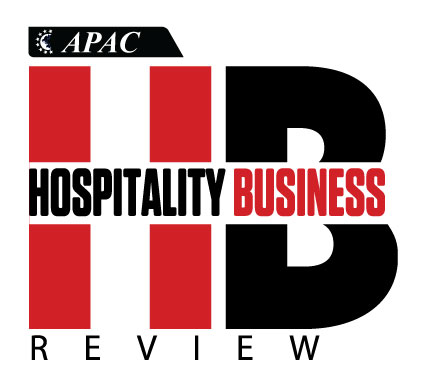Thank you for Subscribing to Hospitality Business Review Weekly Brief
Adapting to Changing Consumer Preferences in Hospitality
Hospitality Business Review | Thursday, February 12, 2026
FREMONT, CA: The hospitality industry has always been in flux, constantly evolving to cater to the changing needs and desires of its clientele. This evolution has accelerated in recent years, driven by a confluence of factors, including technological advancements, shifting demographics, and evolving lifestyle trends. To remain competitive and relevant, hospitality businesses must be attuned to these changes and adapt accordingly.
The hospitality industry is transforming rapidly, driven by evolving consumer preferences and global trends. To remain competitive, businesses must adapt by integrating innovative strategies that address these emerging demands. The growing focus on health and wellness is among the key trends shaping the sector. Modern travelers increasingly prioritize well-being, prompting hospitality providers to incorporate features such as state-of-the-art fitness centers, yoga studios, and spa facilities. Healthy dining options, including organic, plant-based, and allergen-friendly menus, are now standard in many establishments. Furthermore, enhanced air purification systems and rigorous cleaning protocols ensure a safe and healthy environment for guests, reinforcing trust and satisfaction.
Stay ahead of the industry with exclusive feature stories on the top companies, expert insights and the latest news delivered straight to your inbox. Subscribe today.
The rise of remote work has also transformed travel patterns, creating a demand for flexible accommodations that cater to digital nomads and professionals. Many hotels now offer co-working spaces equipped with high-speed internet, ergonomic seating, and collaborative areas to meet these needs. Extended-stay solutions with flexible lease terms have become increasingly popular alongside tech-enabled rooms featuring fast Wi-Fi, multiple charging outlets, and ergonomic workstations. These adaptations ensure remote workers seamlessly integrate work and leisure during their stays.
Modern travelers also seek more meaningful and immersive experiences, pushing the industry beyond conventional offerings. Hospitality providers are responding by curating unique experiences, such as cultural immersion programs that involve collaborations with local artisans, chefs, and performers. Adventure travel packages, developed in partnership with tour operators, offer guests thrilling outdoor activities, while personalized concierge services craft tailored itineraries based on individual interests. These efforts not only enrich guest experiences but also create lasting memories.
Sustainability has become a critical priority for the hospitality sector as consumers increasingly value environmental responsibility. Hotels are adopting energy-efficient technologies and practices to reduce carbon footprints alongside water-saving measures such as low-flow fixtures and rainwater harvesting systems. Sourcing locally and sustainably produced food and materials demonstrates a commitment to eco-conscious operations. These initiatives align with global sustainability goals and resonate strongly with environmentally aware travelers.
Technology continues to be a driving force in reshaping the hospitality experience. Mobile check-in and check-out systems have streamlined guest interactions, enhancing convenience. Voice-activated assistants provide hands-free control of room amenities, while AI-driven personalization tailors services to individual guest preferences. These advancements improve efficiency and foster deeper connections between businesses and their customers.
The hospitality industry is constantly evolving to meet its customers' changing needs and preferences. By understanding and responding to these trends, businesses can create memorable experiences that drive guest satisfaction and loyalty. By prioritizing health and wellness, offering flexible accommodations, providing unique experiences, embracing sustainability, and leveraging technology, hotels can position themselves for long-term success in the ever-changing hospitality industry landscape.
More in News



